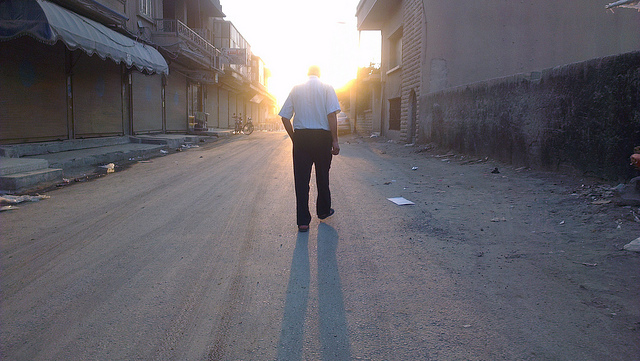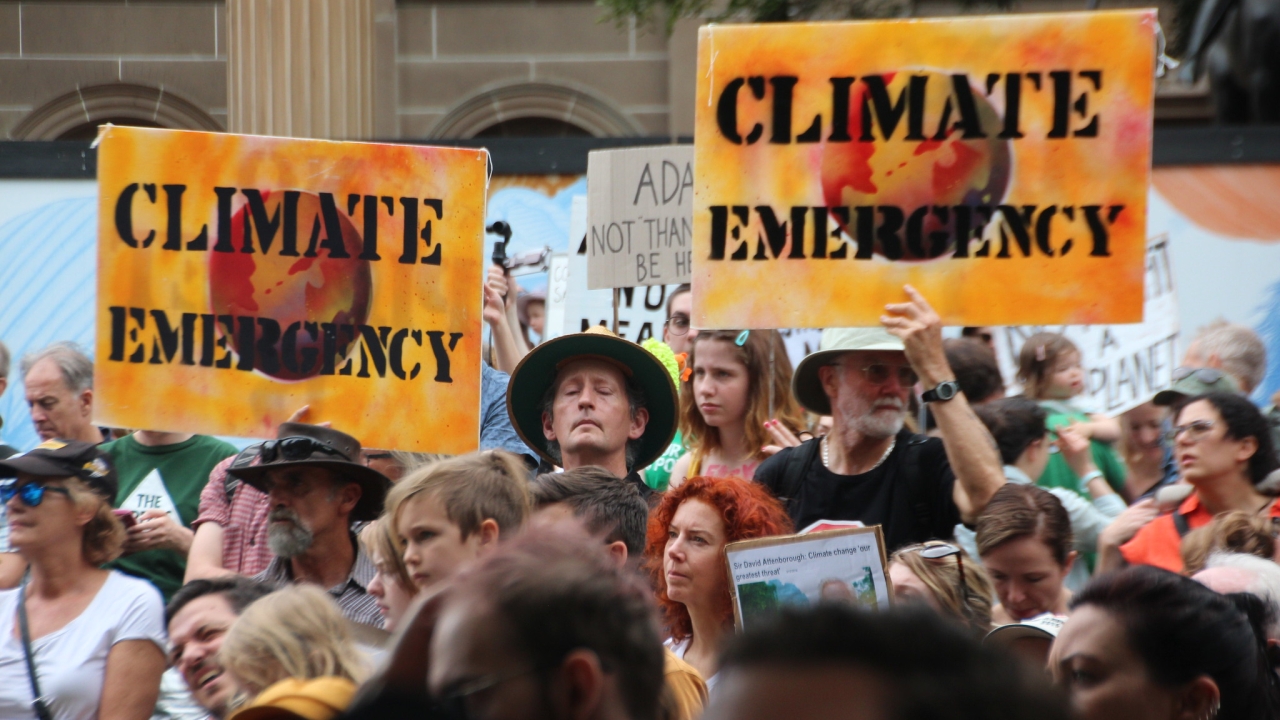
Do you overclaim your knowledge?
Originally posted on The Horizons Tracker.
I wrote previously about a study that explored the influence the web was having on our perception of knowledge. It transpired that when we search for something online, we often end up with a false sense of knowledge.
The study, which consisted of nine separate experiments, found that when we obtain knowledge online, we perceive our knowledge as much greater than we do when the knowledge is obtained through other channels.
“This was a very robust effect, replicated time and time again,” the researchers say. “People who search for information tend to conflate accessible knowledge with their own personal knowledge.”
Misplaced knowledge
A recent study1, from researchers at Cornell, highlights just how pervasive this is, especially when we’re challenged by people about our knowledge.
The study found that when we know something about a topic, it’s incredibly difficult to admit ignorance, even if that means pretending we know things that we cannot possibly know.
The research saw participants quizzed on topics they were broadly familiar with, and participants would frequently claim knowledge of completely made up concepts, places and events in a display of what is known as ‘overclaiming’.
“To overclaim is to claim familiarity with—or knowledge of—something that doesn’t exist,” the authors say.
“The general idea is that practically everyone is somewhat vulnerable to overclaiming, but people are the most vulnerable in those areas of life in which they perceive themselves to be experts,” they continue.
What is overclaiming?
Participants in the study were provided with 15 different terms or concepts around the topic of finance. 12 of these were real whilst the remainder were made up.
For instance, home equity, vesting and stock options were examples of bona fide terms, whereas fixed-rate deducations and pre-rated stocks were examples of fictitious ones.
A whopping 93 percent of participants claimed that they had some knowledge of terms and concepts that didn’t exist.
A second experiment put participants through a similar test, but this time the concepts involved familiarity with particular places. It saw participants claim sound knowledge of made up places like Lake Othello in Wisconsin or Cashmere, Oregon.
Likewise, some 92 percent of people claimed biological knowledge of made up things such as meta-toxins and retroplex.
Does overclaiming matter?
So how big a deal is something that we all appear to do? Does it make us a liar if we overextend our knowledge? The authors aren’t so sure.
“Life gives many opportunities for people to claim expertise they don’t have. Focusing research on non-existent concepts allows us to be sure they are overclaiming,” they say.
It seems that we do this even when we’re warned that some of the concepts we’re laying claim to are actually fake. The authors believe that, if nothing else, the mistaken claims we make are in fact honest mistakes.
It might be prudent to question our beliefs about just what we do and don’t know however.
Article source: Do you overclaim your knowledge?
Header image source: iStock.
Reference:
- Atir, S., Rosenzweig, E., & Dunning, D. (2015). When knowledge knows no bounds: Self-perceived expertise predicts claims of impossible knowledge. Psychological Science, 26(8), 1295-1303. ↩






